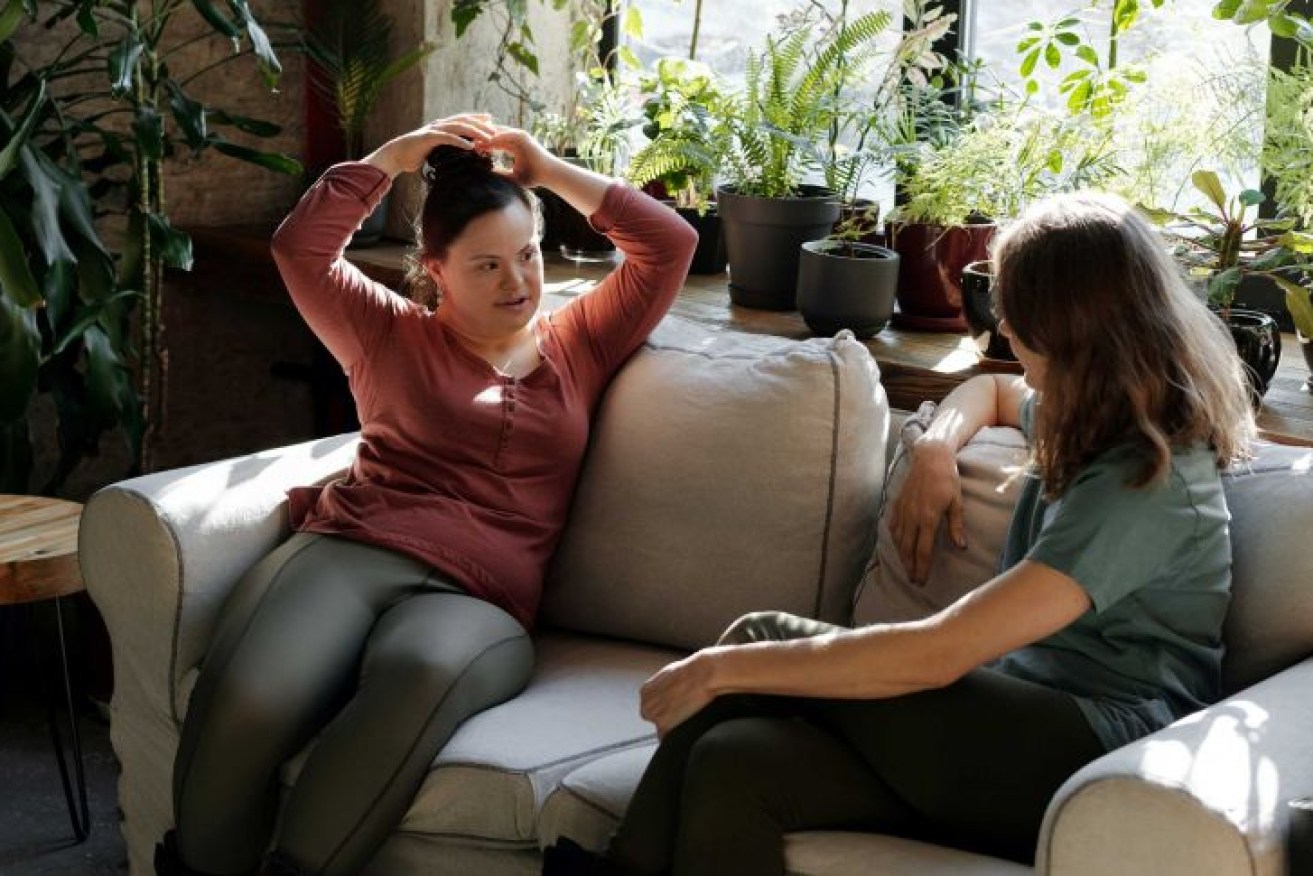Is ignoring coronavirus restrictions a deal breaker for friendships?

It's validating when friends see the world in a similar way to us, and a shock when they don't. Photo: ABC
When COVID-19 restrictions came into play, Sarah* knew she had to comply.
That was despite it meaning she had to cancel an event that was her only chance to say goodbye to loved ones before moving interstate.
“Due to my job, I knew I had to lead by example and follow national guidelines, regardless of how it impacted me personally,” the 26-year-old says.
A few weeks after moving, Sarah received Snapchats from work friends, in the town she’d left, hosting house parties.
“They’re in a job where they were given strict instructions not to break restrictions,” she says.
It’s left her feeling confused about those friendships.
“I’m not sure I want to remain close friends with people like that.”
While differences of opinion are a normal part of all relationships, when it’s about “life or death” situations there can be major consequences, says psychologist Meredith Fuller.
“Some relationships can manage and deal with that. Others are so fundamentally different we need to question what the future might hold.”
Why it can be a shock to us when our friends behave differently to us
Professor Jolanda Jetten is from the University of Queensland’s School of Psychology.
She says we seek friends who have similar values and beliefs to our own.
“Especially in times of crisis when we turn to others for help and support … you want to feel like you are in this together,” Professor Jetten says.
“That can help you with the stress and strengthen the relationship.”
She says it’s validating when people see the world in a similar way and take similar action.
“But if that person feels differently about something crucial, that can come as quite a bit of a shock.”
Louise* is in the United Kingdom, where the impact of COVID-19 has been devastating.
She has been avoiding a friend who she says hasn’t been taking restrictions seriously.
“He insists that the flu was worse and that it’s some big conspiracy or ‘Not a big deal’.
“At one point he even said our freedoms and rights were being taken away because we couldn’t go out.”
Louise says she’s stopped talking to him and isn’t sure if or when that will change.
“It can be a deal breaker for people and incredibly painful if you thought you were on the same page,” Professor Jetten says.
What you can try to move forward in the relationship
Express your feelings, but don’t try to change their mind
It’s good to let your friend know how you feel, but don’t expect to change their mind, says Ms Fuller.
“(If) we try to change the other person’s mind when we are completely apart on an issue, it’s very likely we will get entrenched in emotional responses and the fallout from that ends up being fireworks,” she says.
It’s important to share your perspective, but also listen to theirs.
You may also like to give them access to reliable information to help them understand how their behaviour impacts others, says Ms Fuller.
She recommends sharing your point of view and exploring theirs in an open and curious way, rather than with judgment.
A discussion that’s non-combative has more chance of allowing each person to reflect and modify their behaviour, says Ms Fuller.
Setting boundaries
As well as honest and open communication, setting boundaries will help keep the friendship intact.
“You could say, ‘Our friendship is worth a lot, but there are certain things that we have to do to not put that friendship in jeopardy’,” Professor Jetten says.
For example, you might say that you will catch up over video chat instead of in person if you feel their actions put you at risk.
Ms Fuller says the more specific you can be about your boundaries and the consequences of those, the better.
There is hope!
Ms Fuller says friends can work through big differences. For example, religious or political beliefs.
“When you have one or two massive fundamental differences you can still have a close relationship, and both agree to disagree.”
It’s lots of little issues that will wear us down, she says.
“You can’t live with a constant drip feed on everything that makes you different.”
She says a good question to ask is ‘How important is this person to me?’
“If we can agree to disagree and live with the consequences of that, then we can cobble together a way forward.”
*Names changed for privacy.








